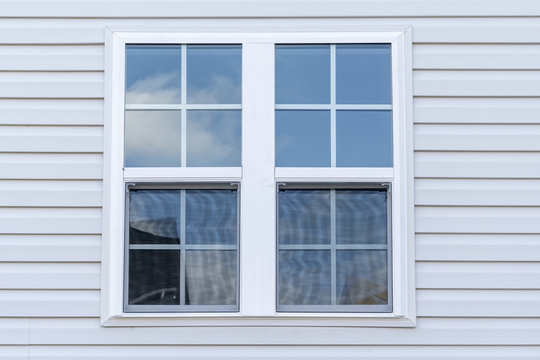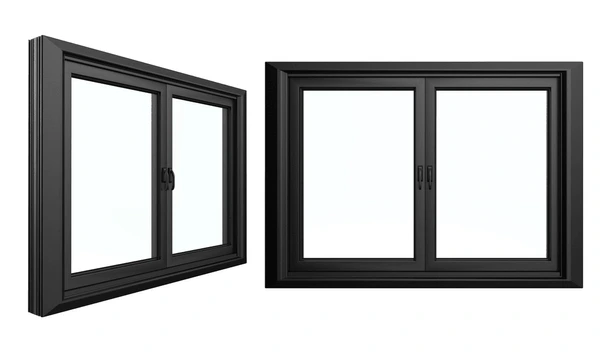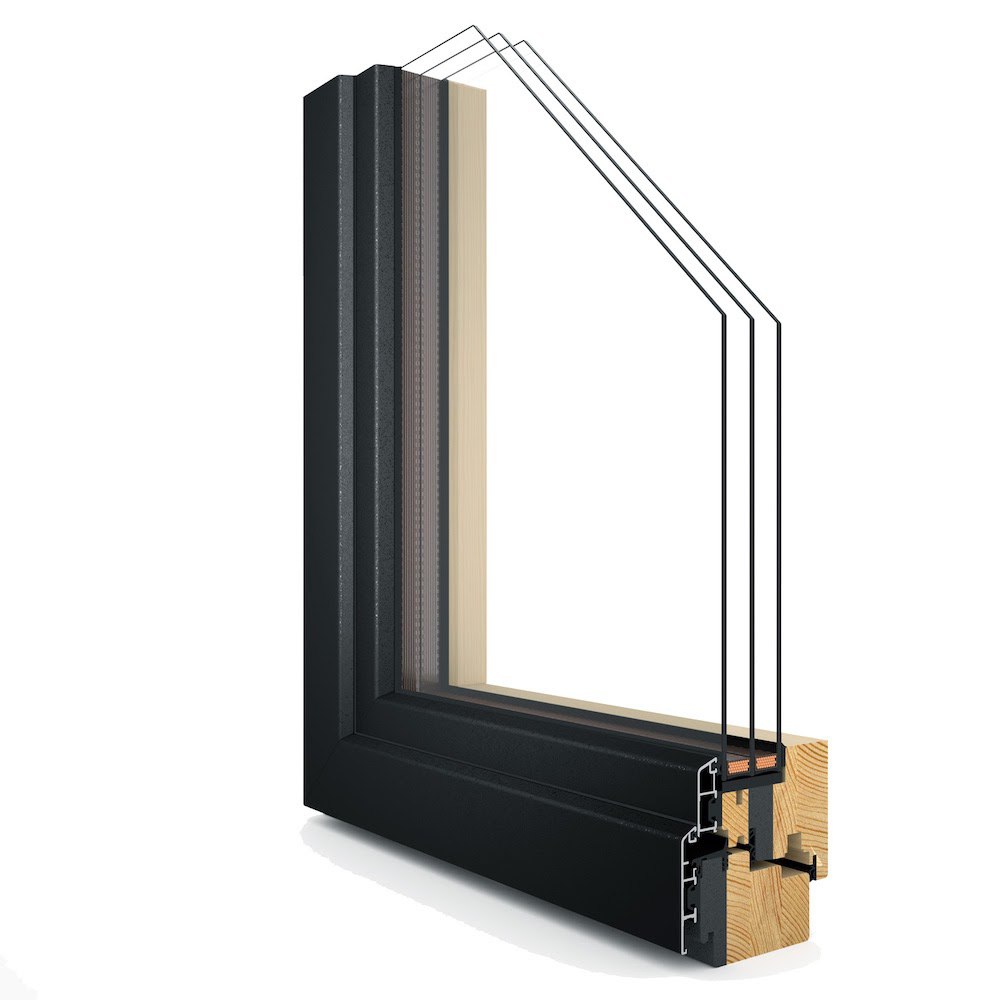A Guide to Window Types and Materials: Choosing the Right Fit for Your Home
Sam Tidwell, CEO, Good Morning Remodel
Are you planning to upgrade your windows but feel overwhelmed by the variety of materials available? Whether you choose vinyl, wood, aluminum, or composite, each has its own advantages and drawbacks. Having worked in remodeling for over a decade, I’ve installed and sold nearly every type of residential window. Through this experience, I’ve developed unique perspectives from both an installer and a buyer. While the options may seem daunting, window replacement offers an exciting opportunity to enhance your home’s appearance and energy efficiency. Let’s explore the key materials to help you make an informed decision.
A Breakdown of Window Materials
Vinyl Windows
- Cost: Typically the most affordable, but high-end vinyl windows can rival other more expensive styles.
- Energy Efficiency: Excellent, especially with proper installation. These windows offer a strong return on investment when it comes to energy savings.
- Aesthetics: Available in various colors and finishes. Some mimic traditional windows with a built-in brickmold look, while others have simpler, squared edges. Vinyl inserts may reduce visibility compared to other styles.
- Maintenance: Low maintenance and durable. Some lower-end vinyl windows may become chalky over time, but most will hold up well.
- Warranty: Often comes with industry-leading warranties.
- Best For: Homeowners seeking an affordable, low-maintenance, and energy-efficient option.


Fiberglass Windows
- Cost: Mid to high-end, sometimes rivaling the cost of the most expensive styles.
- Energy Efficiency: Excellent, often competing directly with vinyl.
- Aesthetics: Available in many colors and finishes. These windows can have an acrylic finish or a colored fiberglass exterior, with narrower sightlines for better visibility than vinyl.
- Maintenance: Low maintenance and highly durable. High-end fiberglass windows are among the strongest and most durable options available.
- Warranty: Typically comes with industry-leading warranties.
- Best For: Homeowners looking for a durable, energy-efficient option with more aesthetic flexibility than vinyl.


Aluminum Windows
- Cost: Mid-range to high-end, more expensive than vinyl but less than wood.
- Energy Efficiency: Generally, less efficient unless thermally broken, in which case they can perform comparably to other materials.
- Aesthetics: Sleek, modern design with slim sightlines, often used to achieve an industrial or commercial look. These can be custom colored to fit your design preferences.
- Maintenance: Requires regular cleaning but is extremely durable. Aluminum doesn’t rust, though it may corrode if exposed to high-pH water or other metals.
- Warranty: Varies by manufacturer but typically long-lasting.
- Best For: Homeowners prioritizing durability and a modern aesthetic, though energy efficiency may be slightly lower without thermal breaks.


Wood Windows
- Cost: Very high end due to craftsmanship, especially for custom designs like arched tops. However, simpler wood windows can be more affordable.
- Energy Efficiency: Excellent insulators if installed properly.
- Aesthetics: Timeless and highly customizable. Wood has been the traditional material for windows and still holds great resale value when done well.
- Maintenance: Requires more upkeep than other materials, including regular cleaning and repainting to prevent damage.
- Warranty: Typically, shorter due to the natural vulnerabilities of wood, but some vendors offer extended warranties for PVC-clad wood windows.
- Best For: Those who value traditional aesthetics and insulation and are prepared for the maintenance involved.

Clad Windows (Vinyl-Clad and Aluminum-Clad)
- Cost: Generally, the highest price point due to the combination of wood with an exterior cladding material. Vinyl-clad options are more affordable than aluminum-clad, while fiberglass falls in the middle or upper range.
- Energy Efficiency: Excellent, combining the insulation of wood with the durability of cladding.
- Aesthetics: Customizable interiors paired with durable exteriors.
- Maintenance: Low maintenance, though periodic inspections are recommended.
- Warranty: Often comes with long-term or lifetime warranties.
- Best For: Homeowners seeking a balance of aesthetics, durability, and energy efficiency at a premium price.

Composite Windows
- Cost: Higher than vinyl but lower than wood or aluminum.
- Energy Efficiency: Comparable to wood and clad windows.
- Aesthetics: Highly customizable with a variety of designs.
- Maintenance: Low, durable, and eco-friendly.
- Warranty: Typically covered by lifetime warranties.
- Best For: Environmentally conscious homeowners looking for a balance of cost, performance, and low maintenance.

Additional Considerations
- Professional Installation: Proper installation is key to maximizing performance and longevity. Even the most expensive window will underperform if not installed correctly. Installation can be divided into two types:
- New construction: Typically involves a full-frame installation with a nailing flange or trim.
- Remodel: Often involves an insert window, which slides into the existing frame and is secured with screws and caulking.
- Environmental Impact: Consider sustainability and recyclability when selecting materials.
- Customer Reviews: Look for feedback from homeowners in your area to assess real-world performance.
- Climate Suitability: Choose materials best suited for your local climate to optimize performance.
- Safety and Security: Assess the security features of each window type.
- Government Incentives: Explore available rebates or tax incentives for energy-efficient window installations.
Conclusion
Choosing the right window material depends on your specific needs and priorities. Here’s a quick summary:
- Vinyl: Best for affordability, low maintenance, and strong warranties.
- Aluminum: Ideal for modern aesthetics and durability, with potential trade-offs in energy efficiency.
- Wood: Great for traditional beauty and insulation but requires more maintenance.
- Clad Windows: Offers a balance of aesthetics, durability, and energy efficiency, though at a higher price point.
- Composite: Eco-friendly, durable, and energy-efficient with low maintenance requirements.
By weighing the pros and cons of each option, you can confidently choose windows that will enhance your home’s beauty, comfort, and energy performance for years to come.

